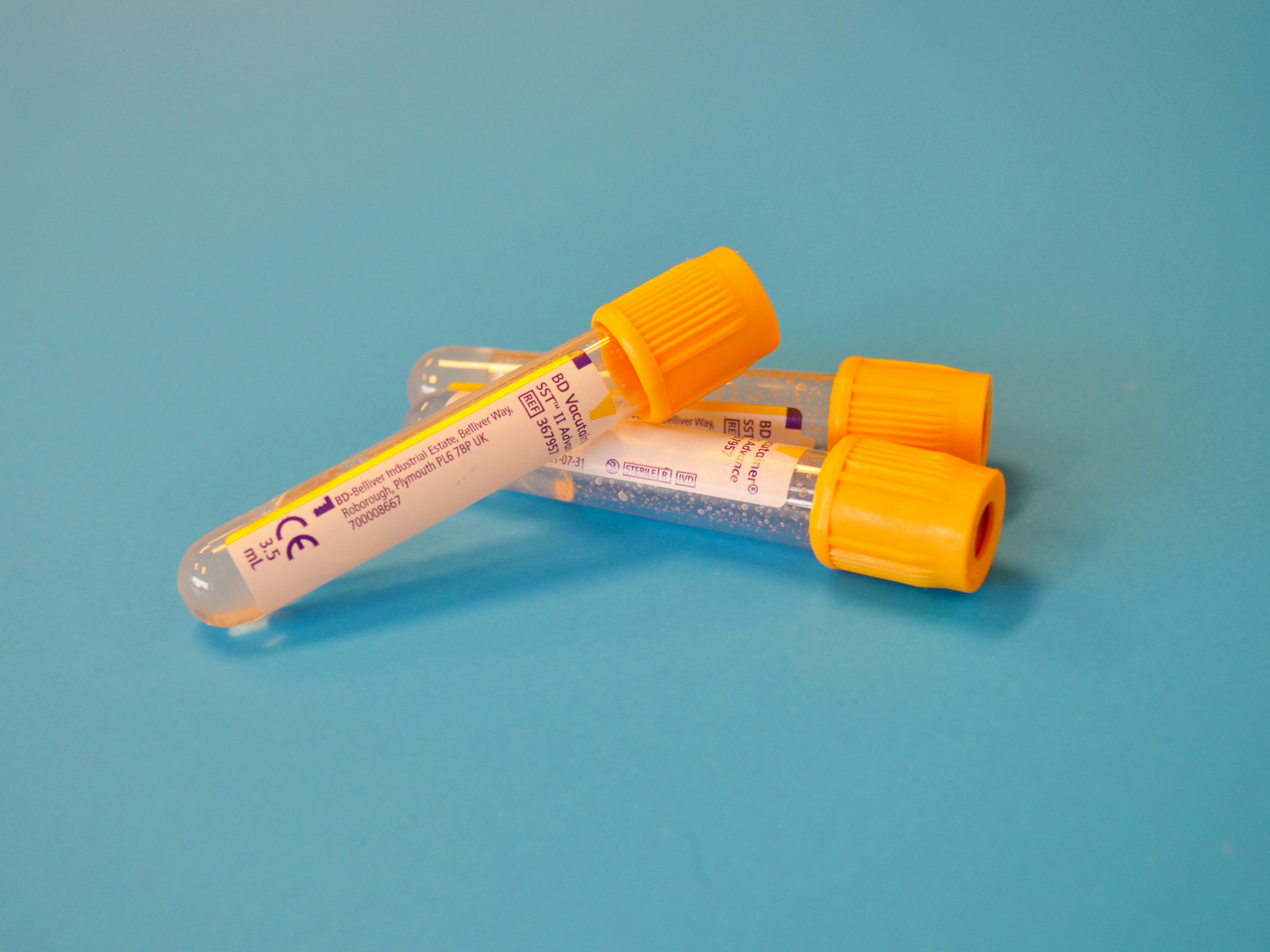Causes of Vaginal Dryness in Menopause
The primary driver of vaginal dryness during menopause is the drop in estrogen production. Estrogen is essential for maintaining the health and elasticity of the vaginal tissues. As estrogen levels decline, the vaginal lining can become more delicate and prone to irritation, leading to dryness, itching, and discomfort.
Managing Vaginal Dryness
- Over-the-Counter Lubricants and Moisturizers: Water-based, silicone-based, or oil-based lubricants can provide temporary relief and make intercourse more comfortable. Vaginal moisturizers help replenish moisture on a longer-term basis.
- Prescription Estrogen Therapy: For more severe cases, healthcare providers may recommend topical or systemic estrogen therapy to help restore vaginal health and function.
Vaginal dryness is not the only pelvic health concern that can arise during menopause. Other common issues include incontinence, painful intercourse, and recurrent urinary tract infections (UTIs). These problems should also be addressed with the guidance of a healthcare provider.
Vaginal dryness and related pelvic floor problems are treatable, and women should not hesitate to discuss these sensitive topics with their doctors. By being proactive and exploring the available solutions, menopausal women can find relief and maintain their sexual and urinary health.
Looking for someone to support you on your menopause journey? Let's chat!










